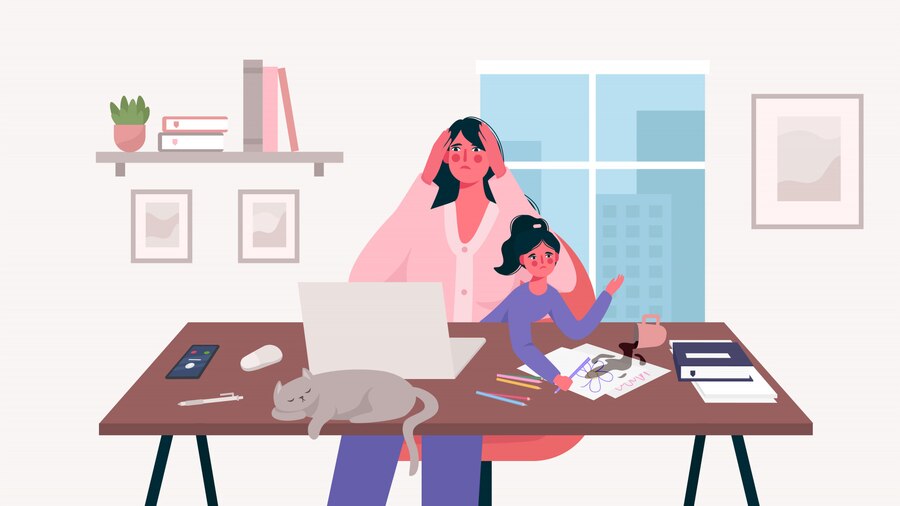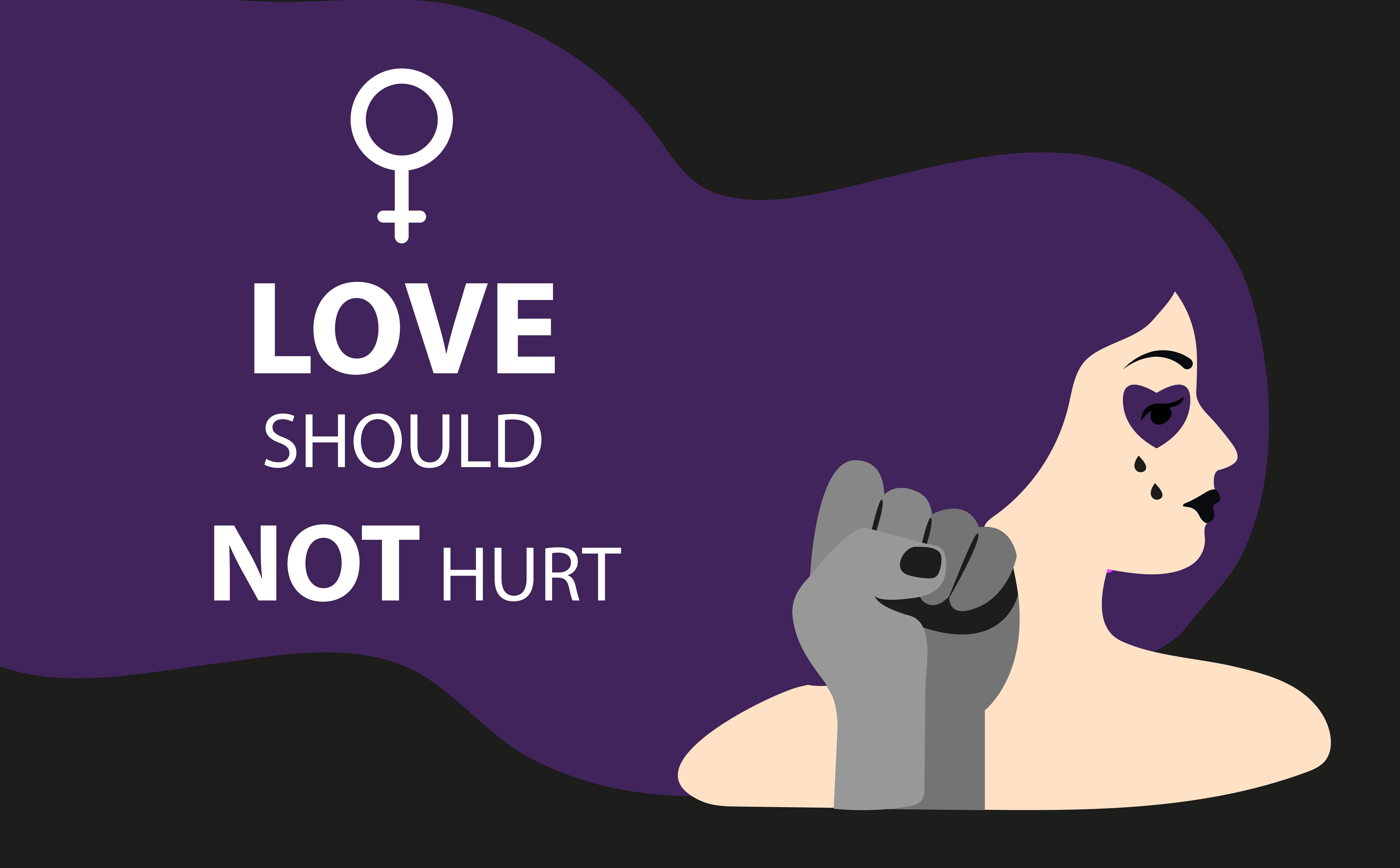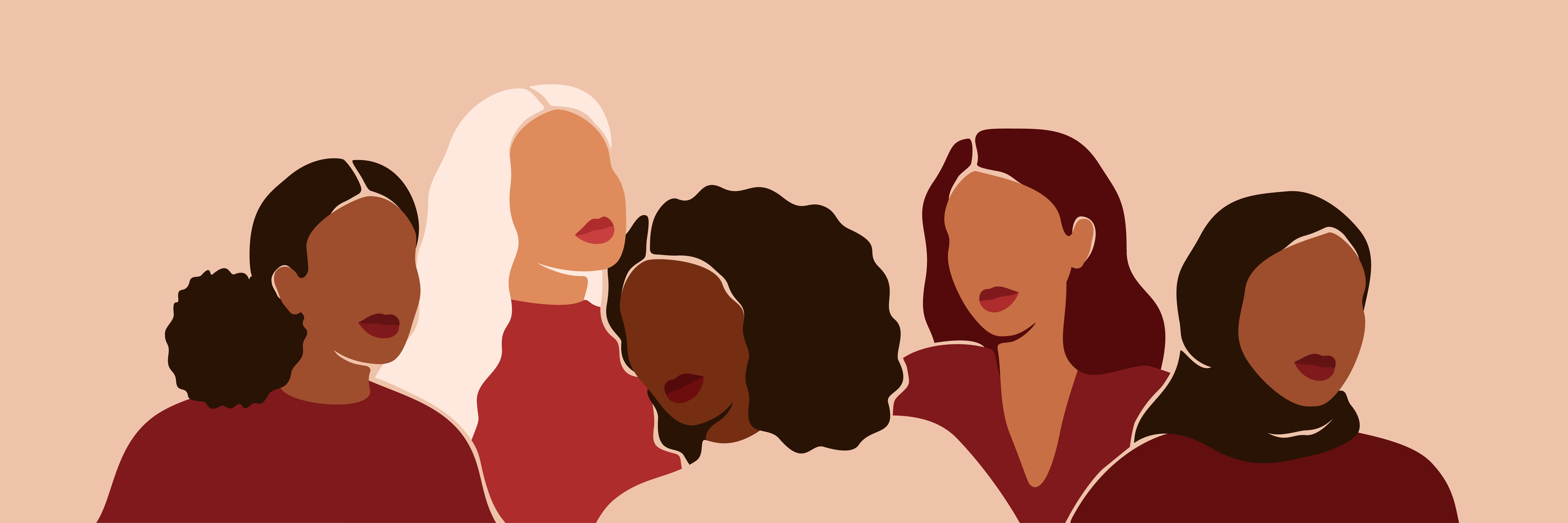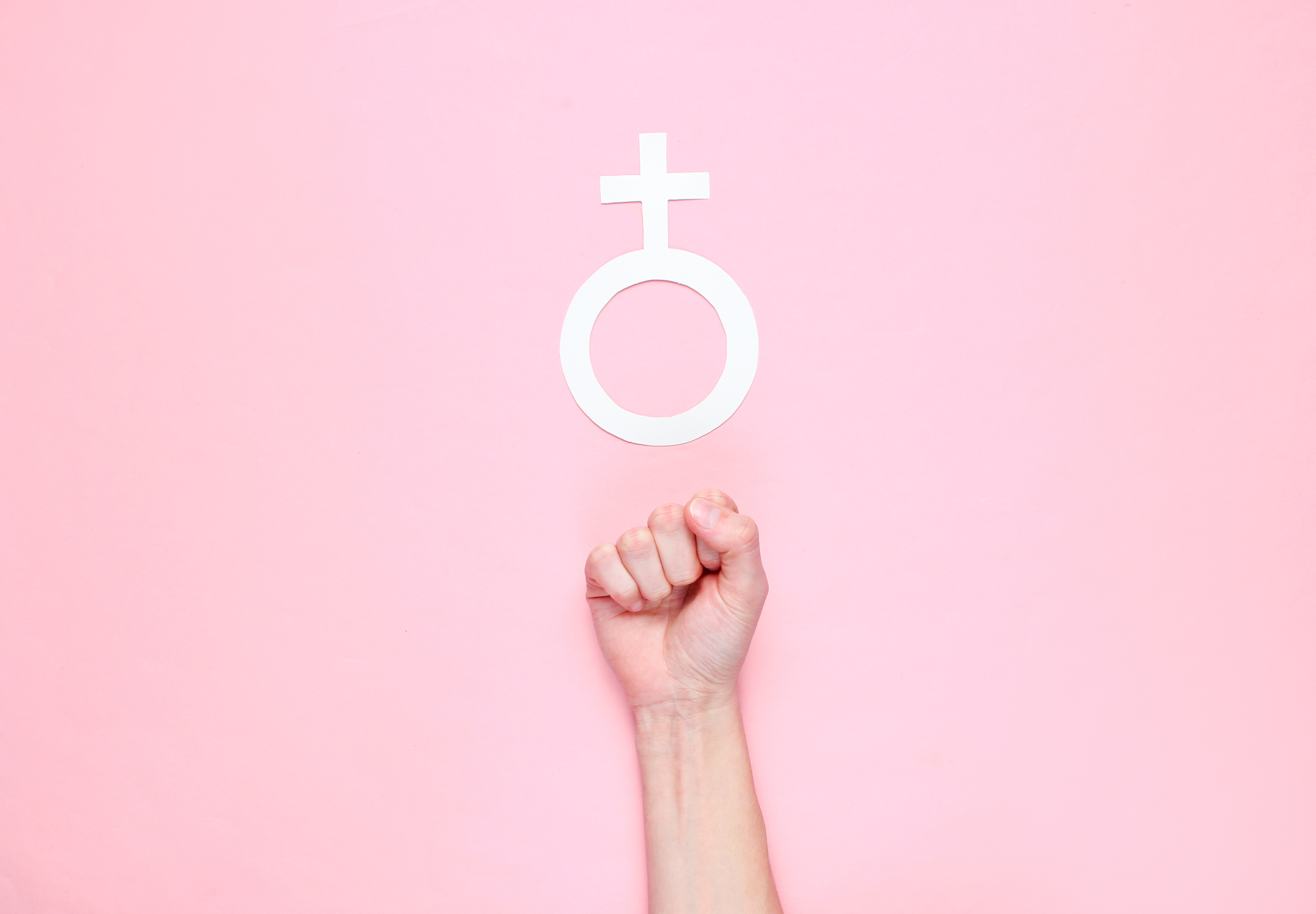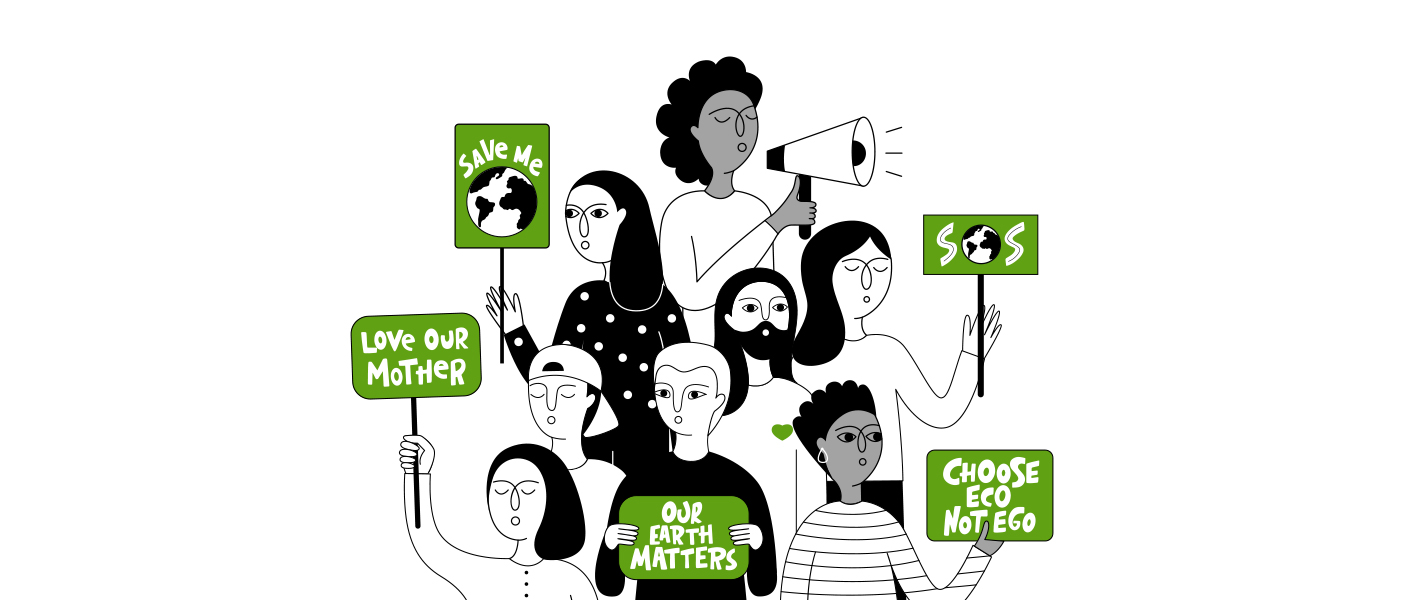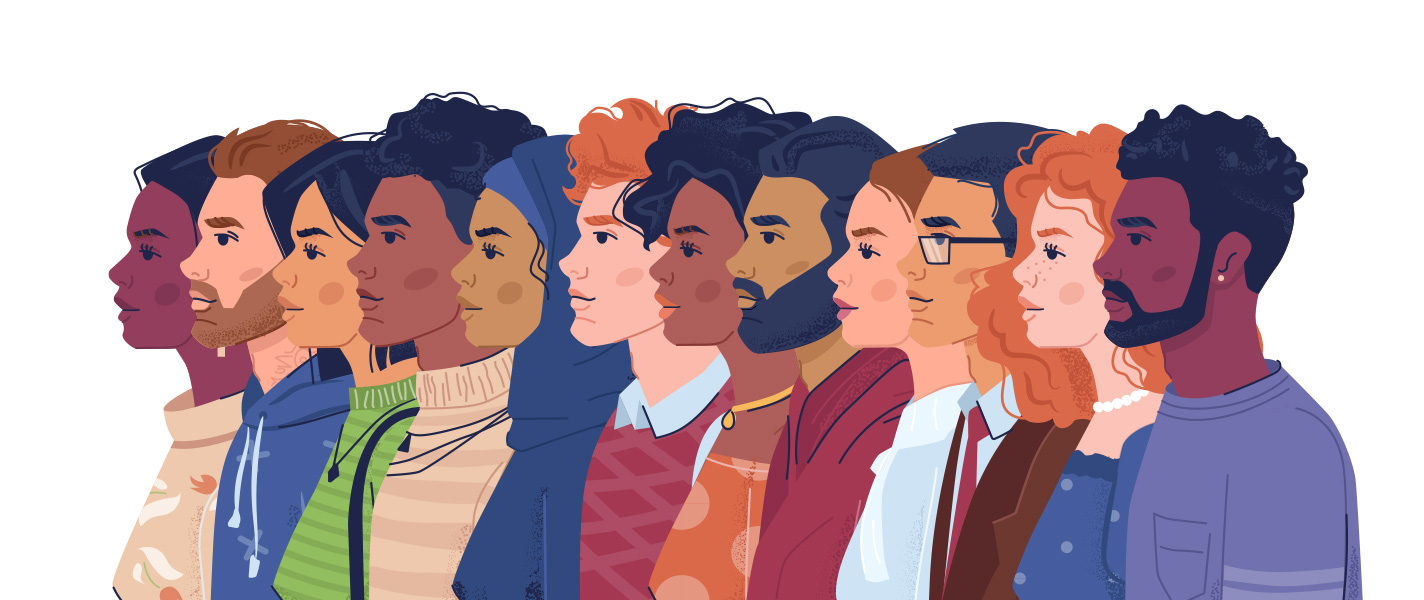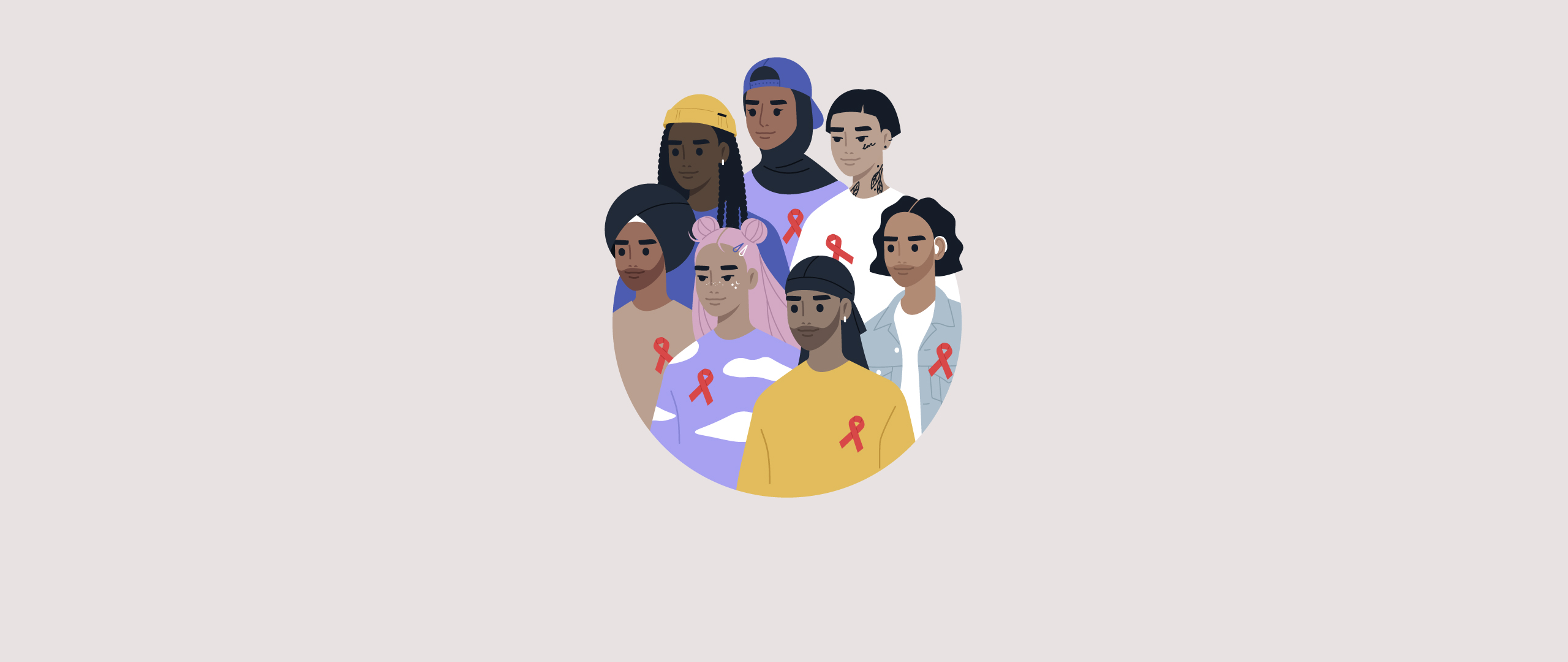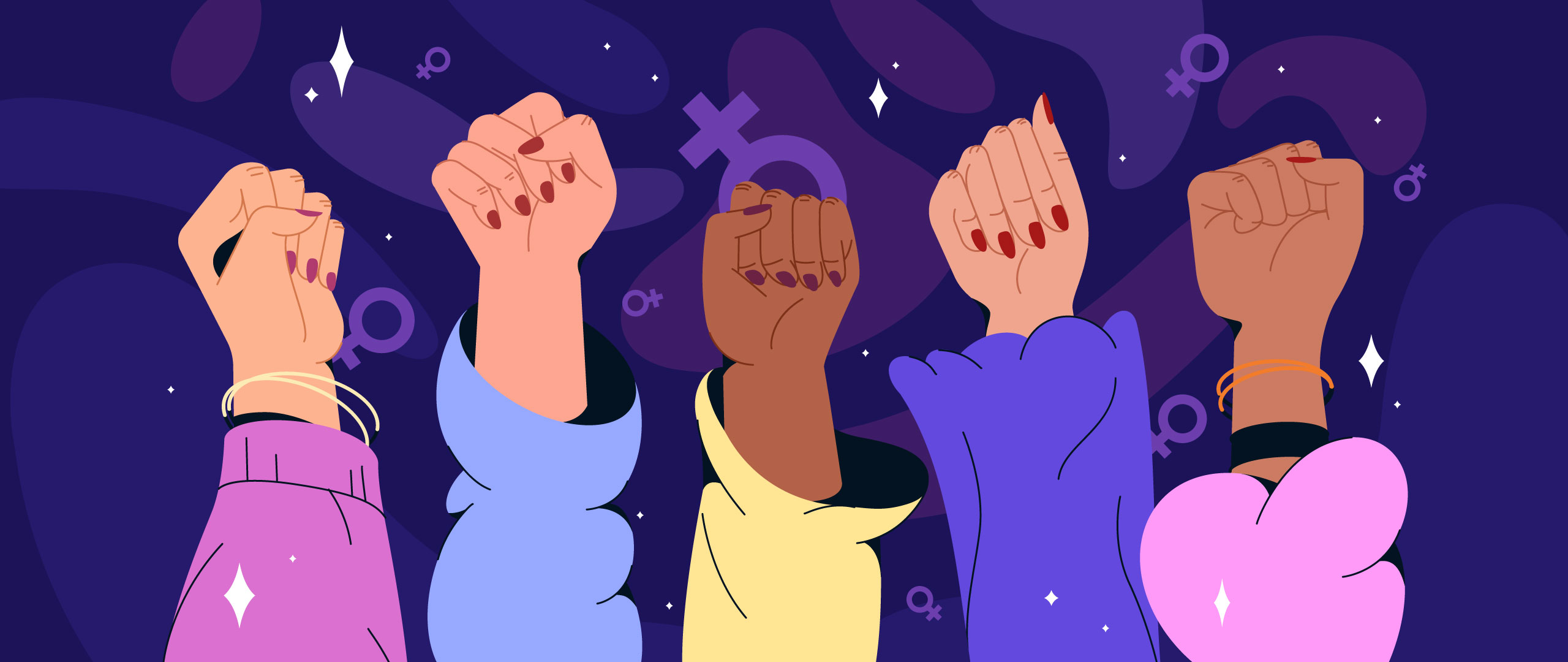Women Work from Home, at Home, or Both?
Historically, women have always been condemned to stay home, take care of their husbands and children in order to be the ultimate winner of the “good woman” award accorded by the society. Whilst those who work outside of their household were considered “rebels”. This narrative has been persistent for years, endorsed by many countries.
Over the years, different schools of feminism and, respectively, global feminist movements have made life-changing revolutions that helped women step out of the stereotypical box, endowed by different societies, and started changing the common ideologies and thoughts regarding their status.
According to a comprehensive study review published by Freedom House organization entitled Women’s Rights in the Middle East and North Africa, Recent Gains and New Opportunities for Women’s Rights in the Gulf Arab States, the researcher Sanja Kelly mentions that “whether married or not, working women say that they have started to earn greater respect and have a greater voice within their families because they are contributing to financial support.”
Generally speaking, “stay-at-home” women (I put this between inverted commas because I dislike this expression), are not given the “working” status. Aren’t they doing home chores, physically and cognitively demanding activities, and making sure the household “institution” is running smoothly on a daily basis? Isn’t this called “working” too?
Sanja also highlights that “throughout the region, very few women are found in upper management and executive positions, arguably due to cultural perceptions that women are less capable, more irrational, and better suited for family responsibilities”.
This drastic change initiated a whole discussion around “how to balance between working in the office, and maintaining the household organization running?”
Arran Heal writes on People Management that “there are still the same assumptions that childcare, homeschooling and caring for family members who need support are all part of the woman’s role – whether both parents are working or not.”
Indeed, we have all been in touch with one family where its members started to give the woman a little “help”, especially the husband. But why do we call it help in the first place? Aren't they living together under the same roof where there should be food and clean space? Eventually, men started “helping” with the daily tasks at home such as cleaning the dishes, doing the laundry, sweeping …
On the other hand, mothers and mothers-in-law, also, supported couples with babysitting and childcare until Covid-19 happened. Consequently, “Working from home” and “remote working” have become the trendiest expressions in 2020.
This is when women faced a whole new reality: working AT home, and working FROM home.
According to The Guardian, employment experts warned that the hybrid working model favored by most large businesses and organizations, allowing staff to split their time between home and their desks, could have unintended consequences for gender equality.
Since Covid-19 happened, women started embracing a new reality. Due to the historical track record of the representation of the image of stay-home women, it was hard for some to believe that a woman working from home, should actually be focusing on her work and not the house chores alongside her professional to-do list.
A group of researchers published on Forbes a study on women working remotely. The methodology relied on asking questions to several hundred employees who had been working remotely for ten weeks during the first wave of the covid-19 pandemic. At the end of the research process, the results showed that “stress levels rose considerably among women with children, with the authors arguing that this was likely due to the considerable blurring of their work/life balance.”
In this respect, they are more likely to face gender inequalities due to the load of responsibilities and the juggling they have to perform in their job in general. Let alone, the “permanent switch to working from home that could disadvantage women and lead to more gender inequality in the office” explains Katie Feehan on the DailyMail.
In the same context, but from a different point of view, Al Jazeera argues that “working from home may help simplify the practicalities of women's daily lives, but it comes at the expense of long-term employment prospects and mental health, as work tasks multiply more than ever before, rewards decrease, and criticism is made for it.”
Indeed, a woman working from home is expected to cook all different kinds of meals, clean, take care of the children, actively attend meetings, write full and free-of-mistakes reports, deliver clear round documents, manage team members and come up with solutions to all kinds of problems for both work, and home.
Coming back to the People Management article, “37 percent of women spent more time working during non-work hours than in 2020 (compared to 29 percent of men). Additionally, “women also took less time off 55 percent said they had used less holiday, as opposed to 46 percent of men.”
With the unlimited list of expectations that society is dictating to women nowadays, it is crucial to mention that “employers should be more flexible, make sure health and wellbeing are a priority, and ensure the right kinds of support are available to mitigate against the imbalances in the burden of stress.” says Arran Heal.
“A third of women interviewed at Deloitte reported that their bosses had offered them any kind of flexible working time, while 95% indicated that they believed that asking employers for some flexibility would affect their promotion potential. And they're right, as the rest of the study reveals” according to Al Jazeera.
With all types of crises that women can encounter, and the flawless multitasking they can perform at home, they are “some of the most exemplary and effective national leaders in combating the pandemic. The crisis has highlighted both the centrality of their contributions and the disproportionate burdens that women carry” confesses the UN Women in the International Women’s Day 2021.
Now, you know better why cameras are turned off most of the time during professional online meetings. One ear is listening to the meeting, the other is listening to the baby crying. One hand is on the keyboard, the other is stirring the pot. See how much of a superwoman are we?
The article represents the views of its writer and not that of LEED Initiative.
